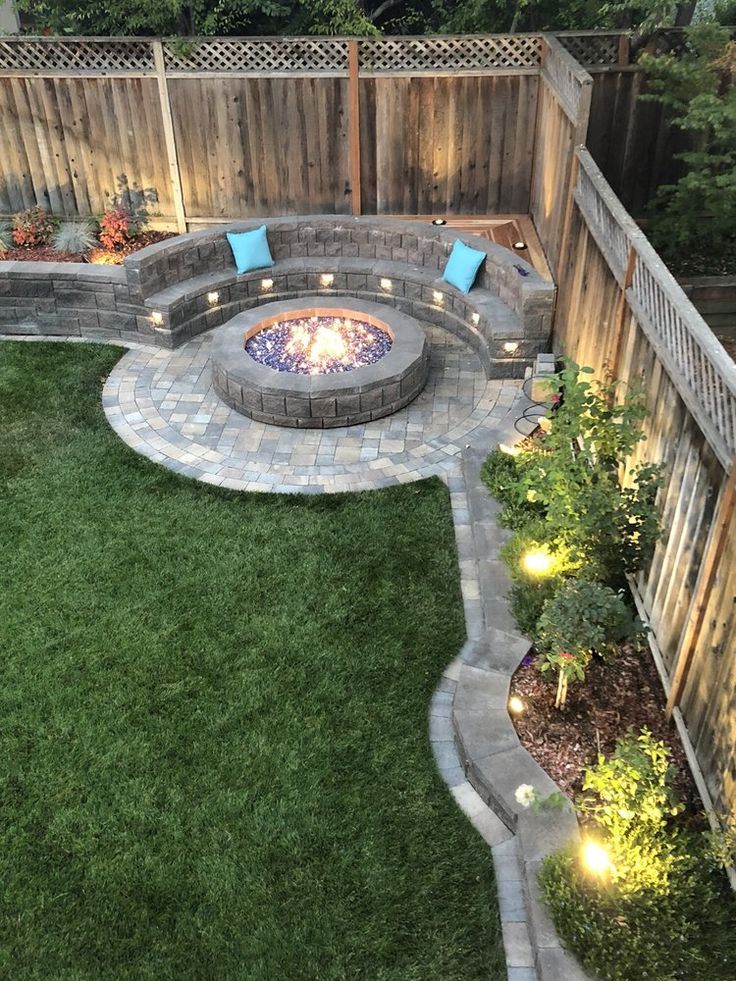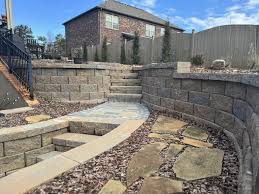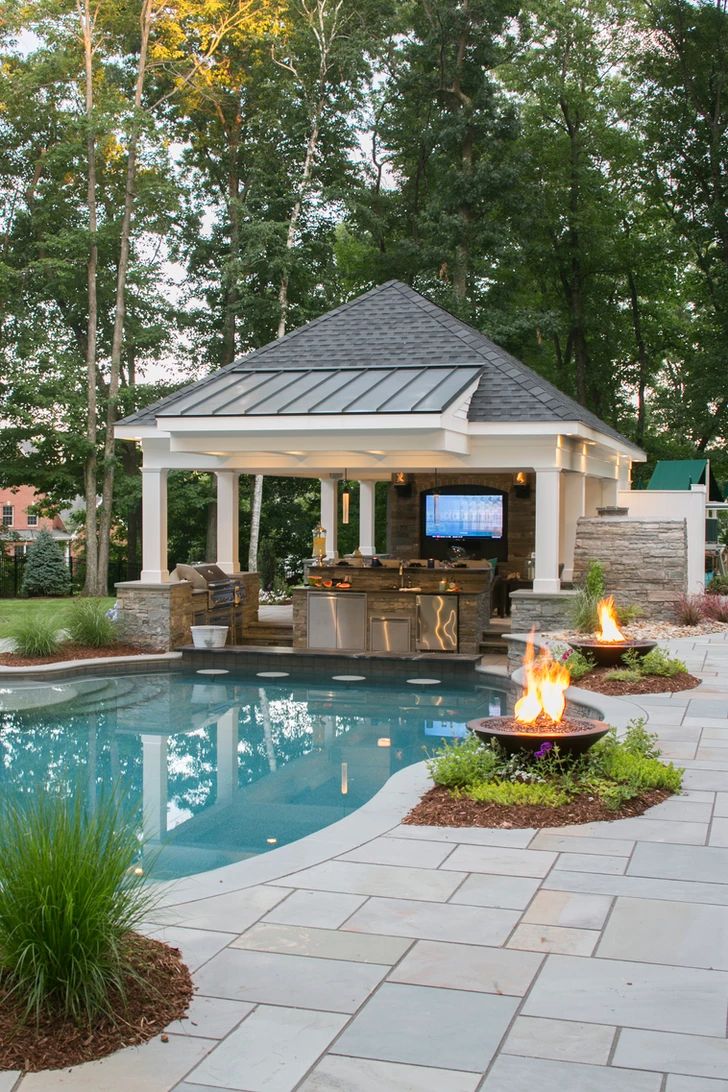Retaining Walls
Strength, Functionality, and Beauty Combined
Retaining Walls
Strength, Functionality, and Beauty Combined
Why Choose Retaining Walls?

Exceptional Durability:Built with high-quality materials and expert craftsmanship, our retaining walls are designed to withstand pressure and harsh weather conditions, ensuring long-lasting performance.
Custom Designs: We offer a variety of styles, finishes, and materials to match your unique taste and the architectural theme of your property. From modern sleek designs to rustic natural stone finishes, we tailor every wall to your preferences.
Eco-Friendly Option: Incorporate sustainable materials and designs that blend seamlessly with the natural environment, promoting green landscaping solutions.
Functional Solutions: Beyond aesthetics, our retaining walls serve practical purposes such as soil retention, erosion control, and creating usable spaces on sloped land.

NexGen Gallery
Here is some of our work. You can filter to see Retaining Walls!



Simple process. Amazing results
How It Works
With Creations, you get an entire landscape or outdoor living plans, with designs and renders that bring your vision to life.

Consultation & Concept
we start with a consultation to discuss your vision,site assessment, and budget. We'll then create preliminary sketches based on your feedback, refining the design accordingly

Design & Planning
we start with a consultation to discuss your vision,site assessment, and budget. We'll then create preliminary sketches based on your feedback, refining the design accordingly

Preparation & Approval
Ready to see your design realized? After approval, we'll connect you with trusted contractors for installation, saving you time and money
Financing Built Around You

At NexGen Remodeling, we make it easy to bring your vision to life with flexible financing options designed just for you. Thanks to our partnerships with trusted lenders, we’ve secured great rates that you can benefit from...even if interest rates go up. Let us help you create your dream space without the financial stress!

Retaining Walls FAQ's
Have questions? This is a short list of our most frequently asked questions about composite decks. For more information, please call 323-533-4822
What is the purpose of a retaining wall?
A retaining wall is designed to hold back soil, prevent erosion, and create usable flat spaces on sloped land. It also enhances the aesthetic appeal of outdoor spaces.
What materials can be used to build a retaining wall?
Retaining walls can be built using various materials, including concrete blocks, natural stone, brick, timber, and poured concrete. The choice depends on your budget, design preference, and functionality needs.
How long does it take to construct a retaining wall?
The timeline for building a retaining wall depends on its size, design complexity, and site conditions. On average, smaller walls can take a few days, while larger or more complex walls may take 1–2 weeks.
Do I need a permit to build a retaining wall?
In many cases, retaining walls over a certain height (e.g., 3–4 feet) require a permit. Local building codes and regulations vary, so it’s important to check with your municipality or consult with us for guidance.
How high can a retaining wall be?
The maximum height for a retaining wall depends on local regulations and the material used. Higher walls may require engineering plans and reinforcement for structural stability.
Check Out Our Blog

How to Design Your Backyard Layout
Designing your backyard can feel overwhelming, especially when you're looking to create a space that’s both functional and beautiful. Whether you’re looking to install a pool, add artificial turf, lay... ...more
design
January 13, 2025•5 min read

Benefits of Using Pavers for Driveways
When it comes to creating a durable, attractive, and functional driveway, homeowners and property developers face a variety of options, such as asphalt, concrete, gravel, or pavers. Among these, paver... ...more
Paver
January 13, 2025•3 min read

Turf Installation - Chatsworth
Explore a backyard transformation in Chatsworth: a simple turf installation enhancing outdoor living with clean and beautiful design. ...more
turf
November 25, 2024•1 min read
Schedule a Free Consultation!
"Book a call with us and we'll be happy to assist you with your needs"
Free Design and Instant Estimate
Copyright NexGen Remodeling 2026. All rights reserved

